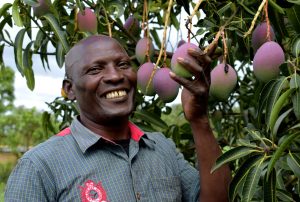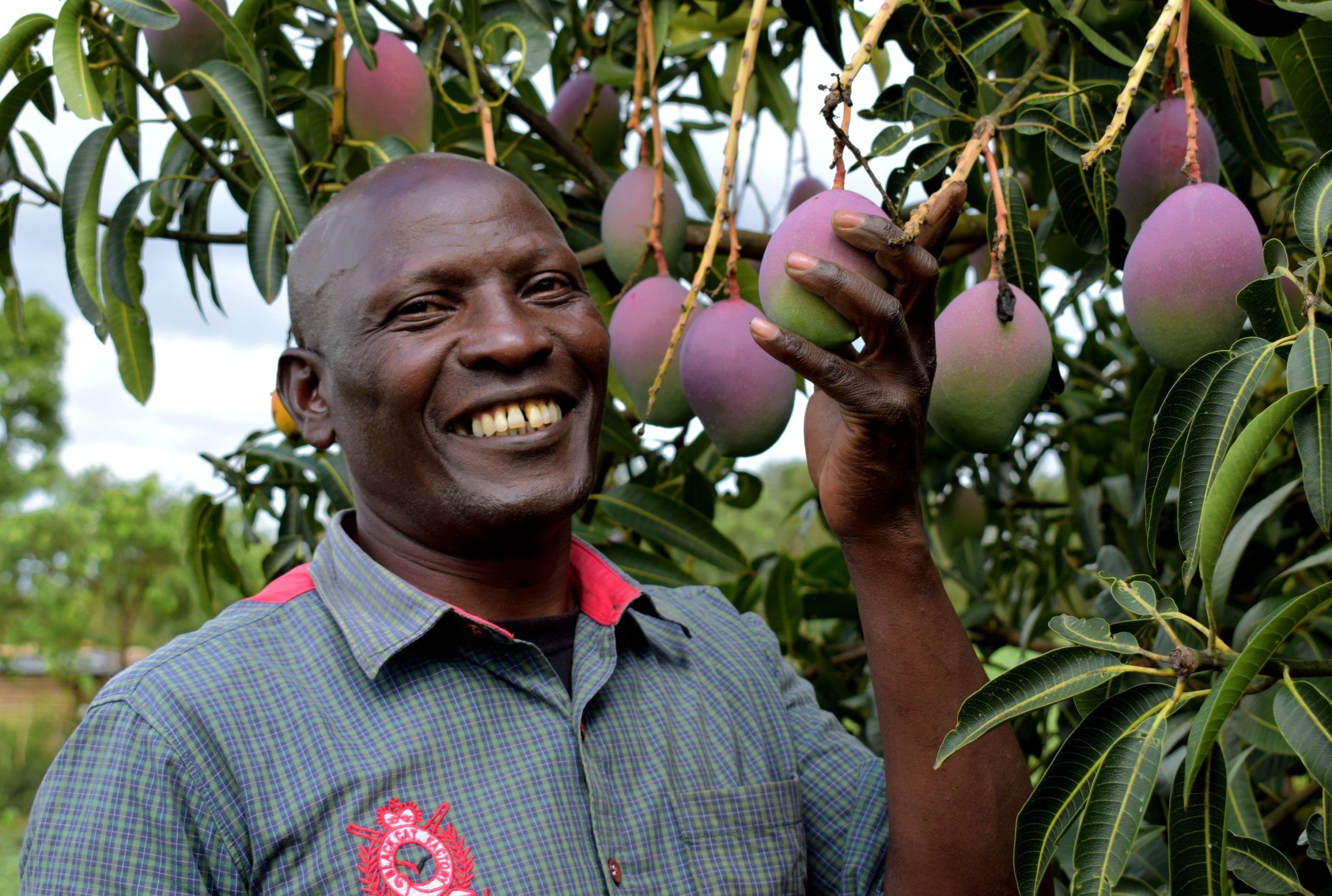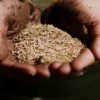A growing outcry is sweeping across Kenya as smallholder farmers and activists demand the repeal of a law that criminalizes the exchange and sharing of indigenous seeds. This age-old tradition—once a symbol of community, resilience, and food security—is now punishable by up to two years in prison or a hefty fine of up to 1,000,000 Kenyan Shillings (approximately $8,000 USD).
Under current seed laws, farmers are barred from freely using, sharing, or selling indigenous seed varieties unless they are certified and registered by formal institutions. This legal framework disproportionately affects small-scale farmers, who often rely on these seeds passed down through generations for crop resilience and local food diversity.
While smallholder farmers bear the brunt of legal threats, large multinational seed corporations continue to flood the Kenyan market with commercial, often genetically modified, seeds. These imported varieties are not only expensive but also require synthetic fertilizers and pesticides, making them unsuitable or unaffordable for many local farmers.
Samuel Wathome, a farmer who has been cultivating his land using indigenous seeds for decades, represents the faces behind this struggle. “We’ve always shared seeds as a sign of goodwill and mutual survival. Now, we are treated like criminals,” he said.
A Tradition Threatened
Seed sharing has been a cornerstone of Kenya’s agricultural heritage for centuries. It supports biodiversity, strengthens food security, and empowers farmers to adapt to climate change using seeds that are naturally resilient and adapted to local conditions.
Criminalizing such practices not only threatens livelihoods but also undermines the country’s food sovereignty—a situation critics say only benefits private seed monopolies.
Petitioning for Change
Environmental organizations and farmer coalitions are urging the Kenyan government to immediately amend the current seed legislation. Their call includes integrating community seed systems into national law and officially recognizing the right of farmers to save, share, and sell indigenous seeds without fear of prosecution.
A global petition has been launched to rally support for this cause. Citizens worldwide are being encouraged to add their names in solidarity with Kenyan farmers. The petition can be signed here]
Kenya stands at a crossroads. Will it continue to uphold a system that criminalizes its own people for preserving agricultural heritage? Or will it stand with its farmers and defend their right to seed sovereignty?
One thing is clear—farmers should not be jailed for practicing a tradition that sustains life.






















































































































